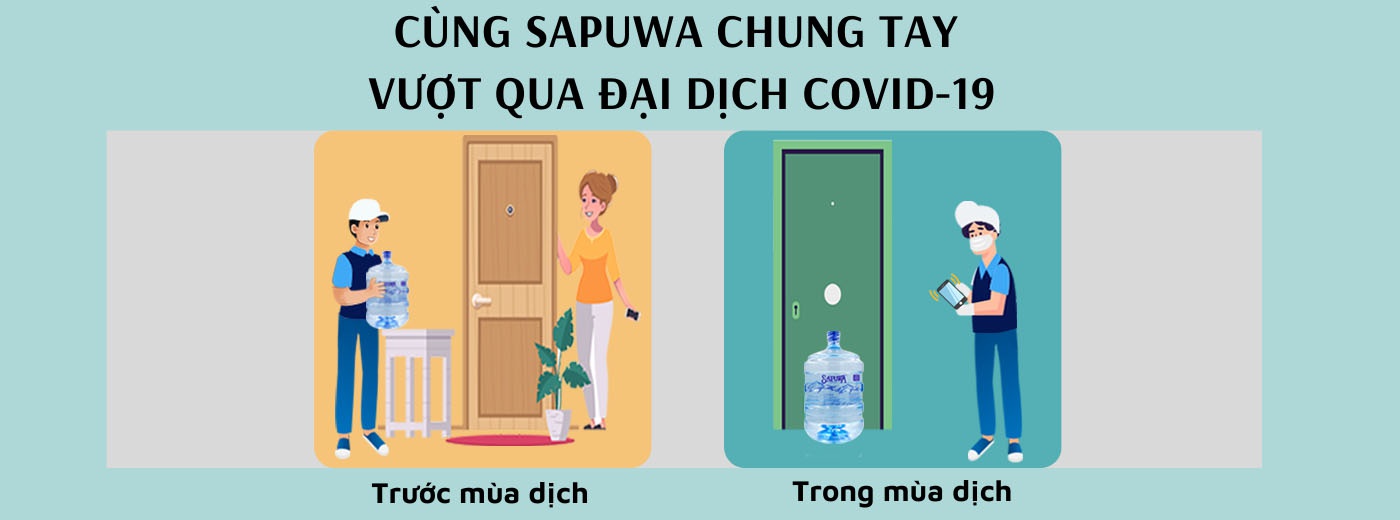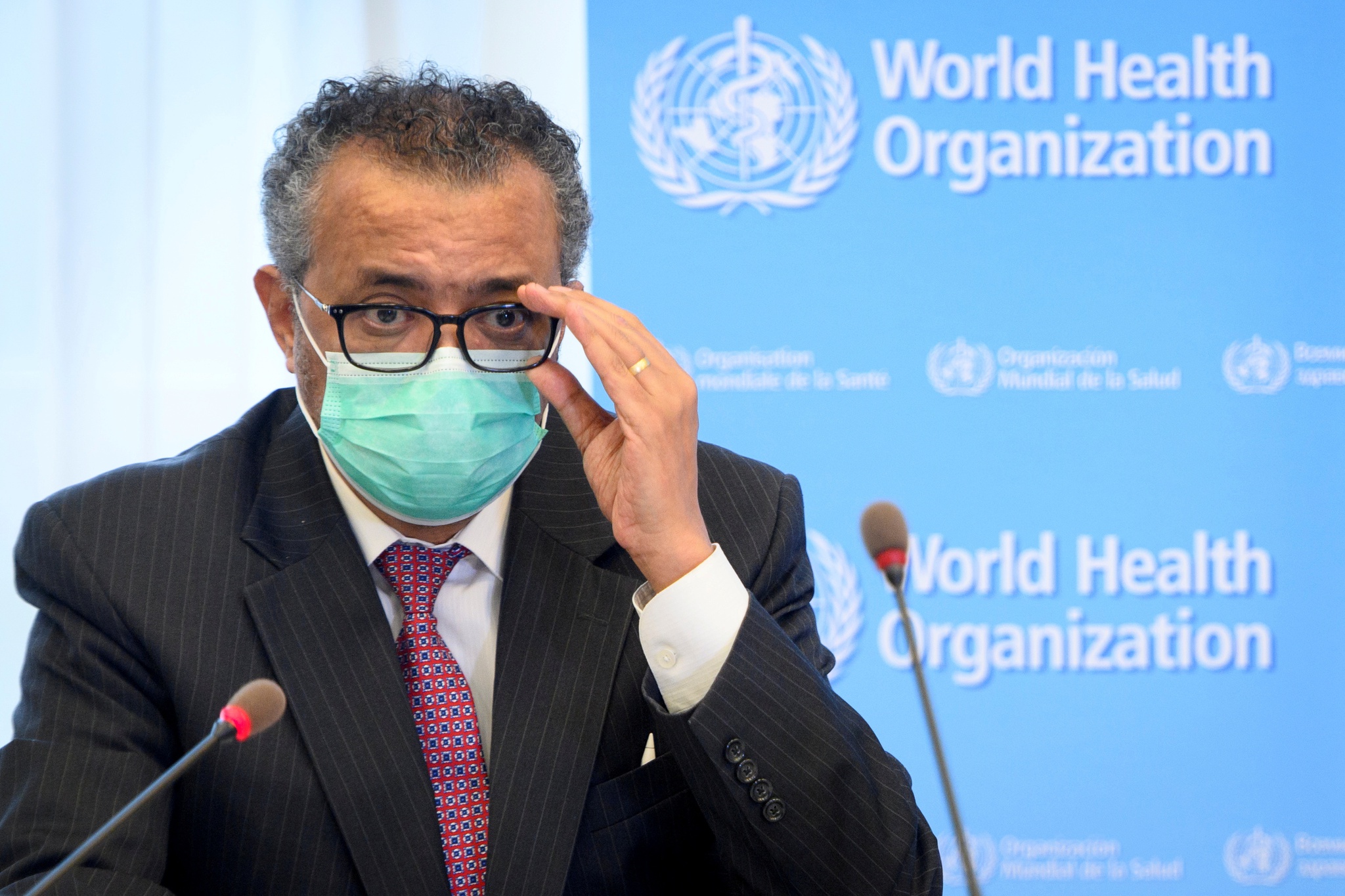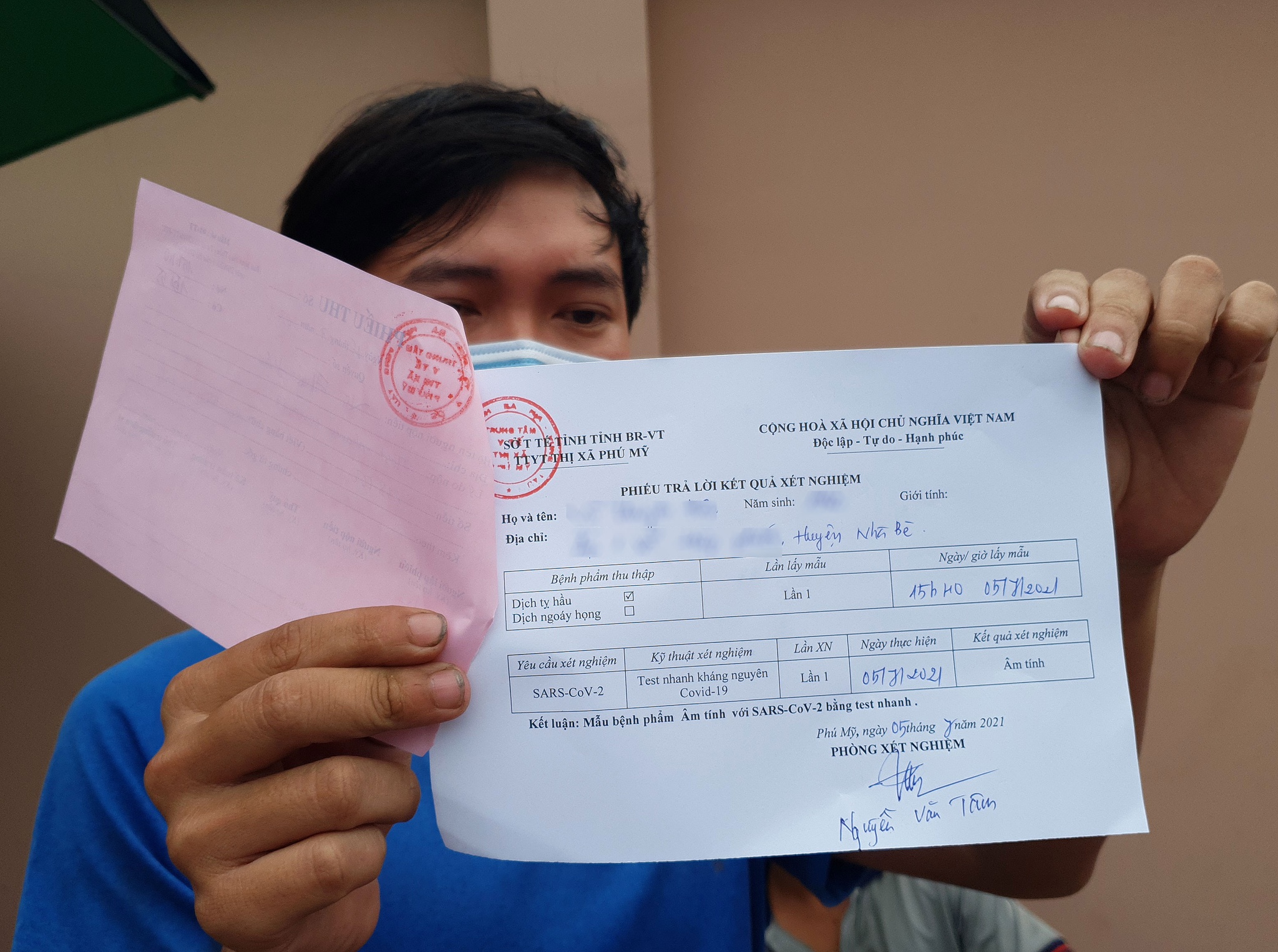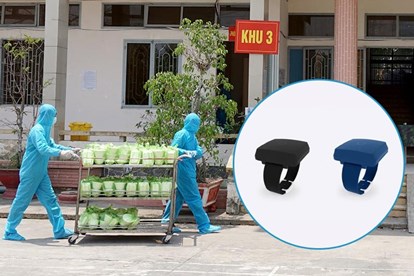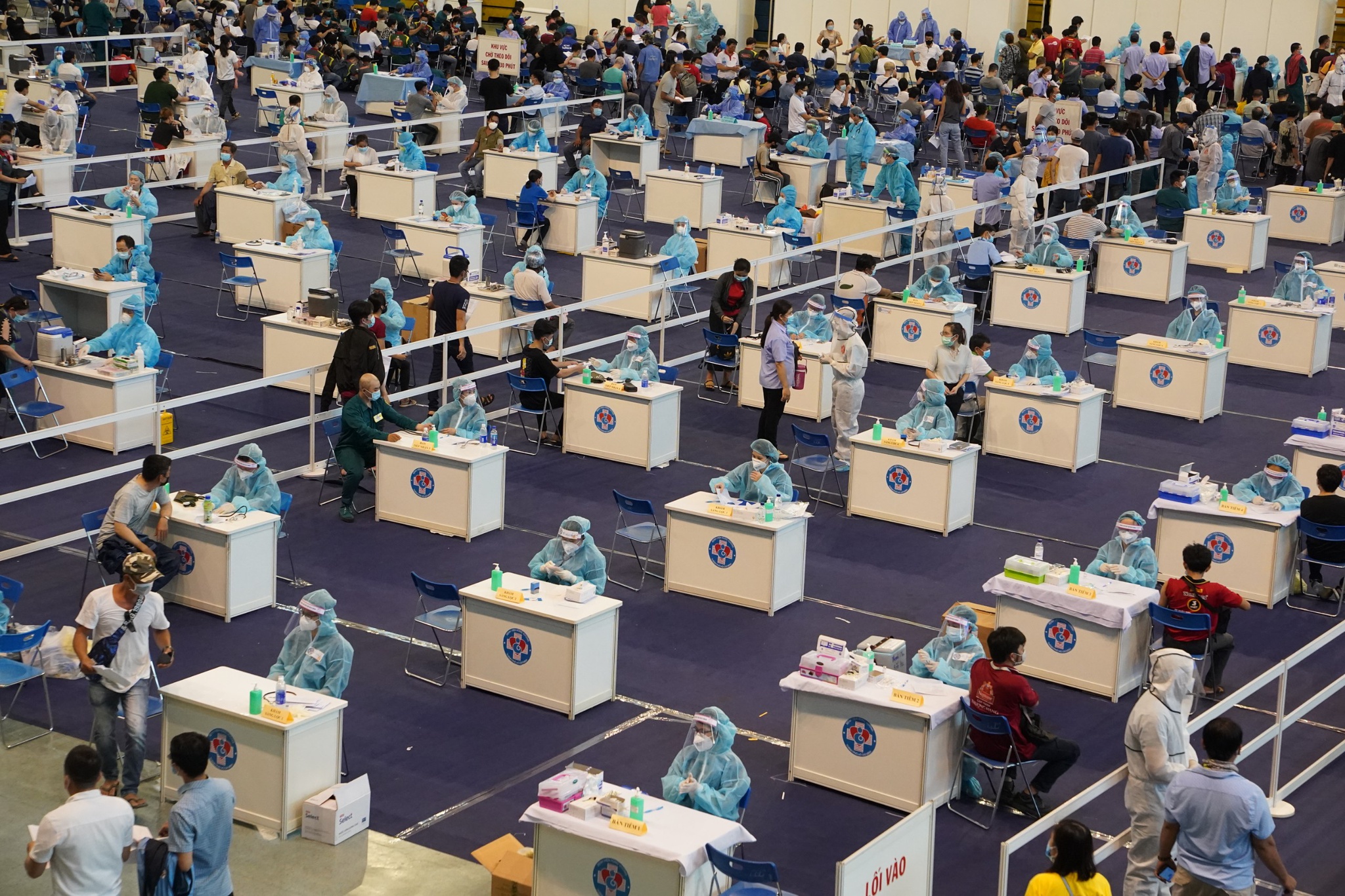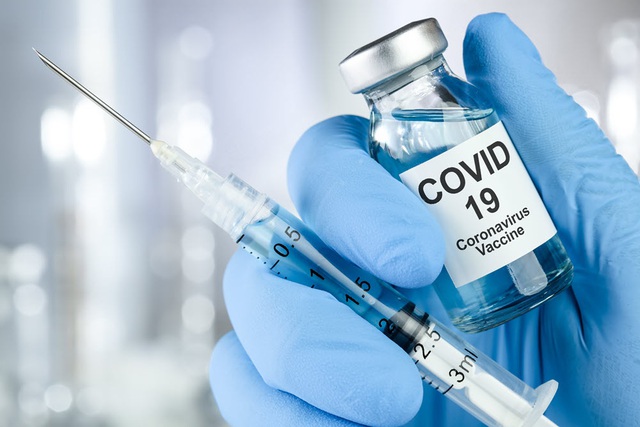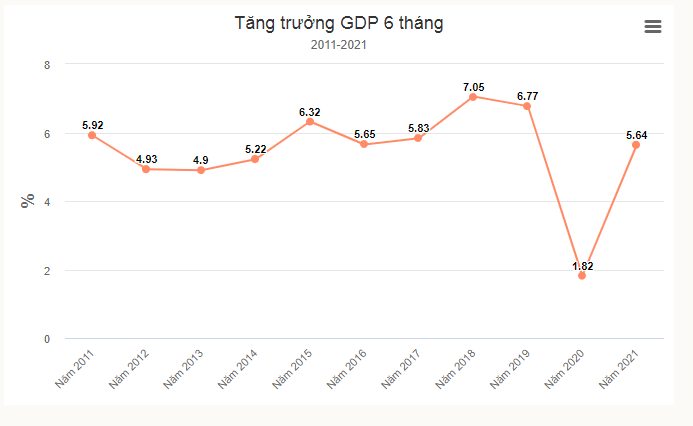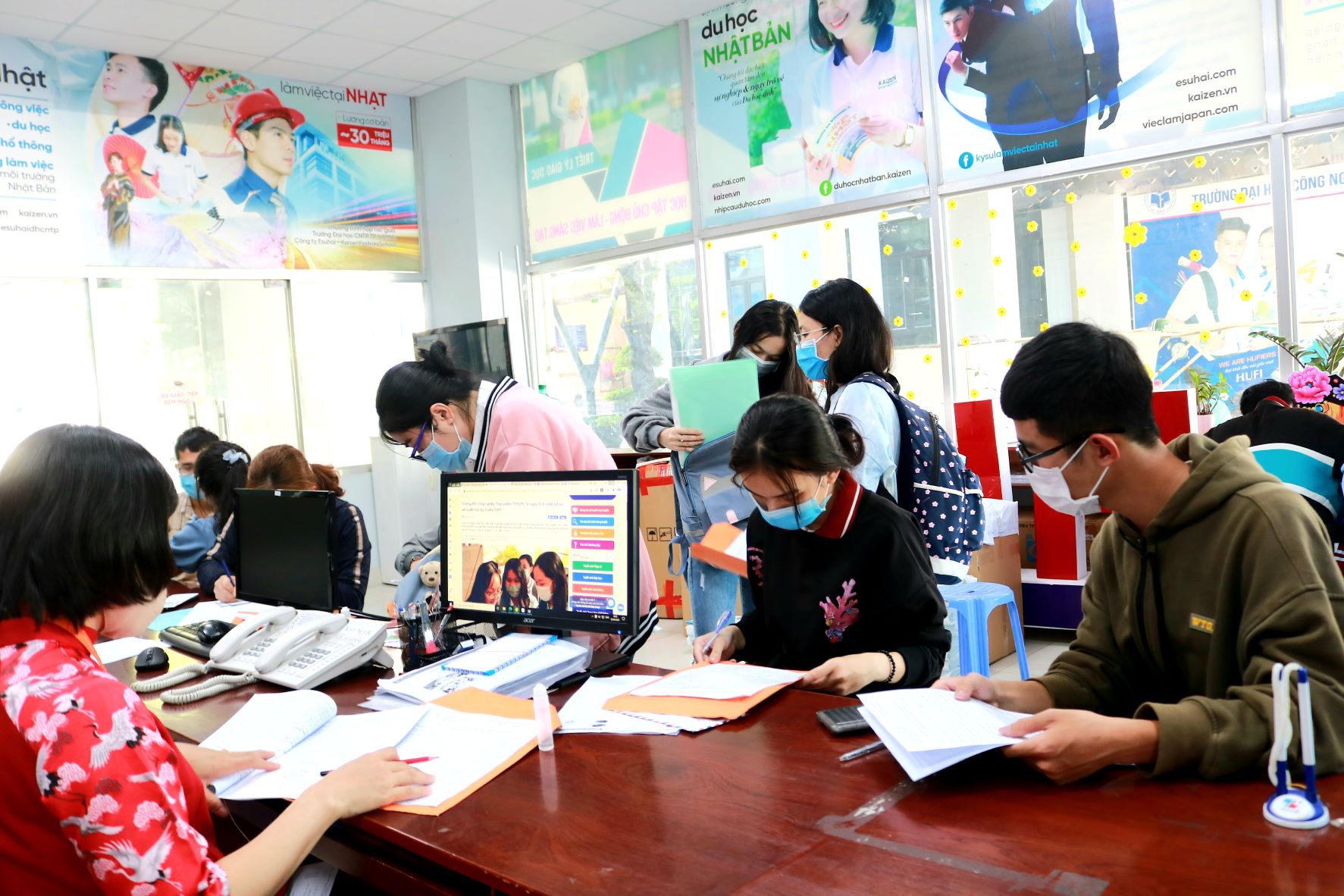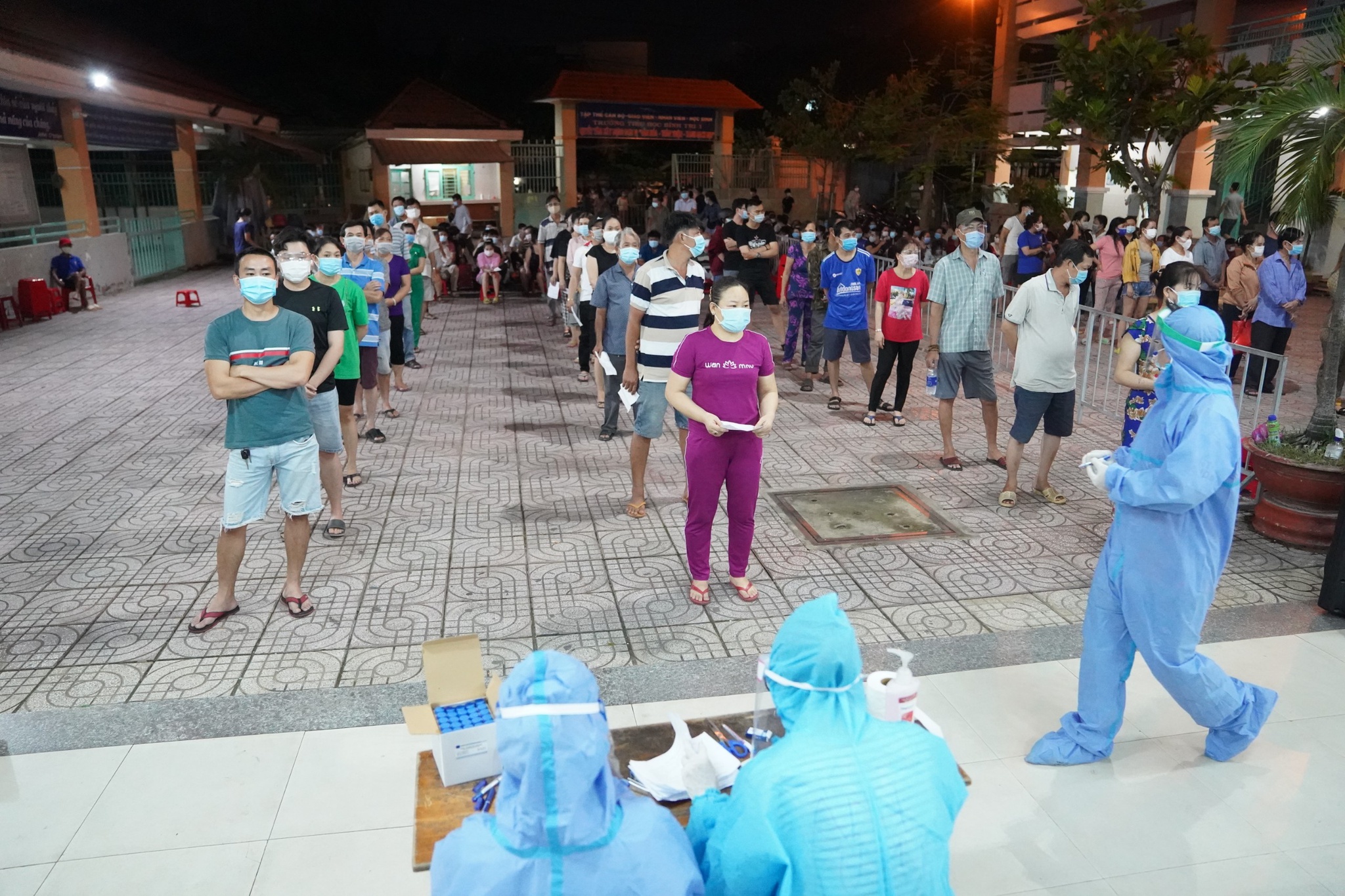THÔNG TIN SƯU TẦM

Covid-19 May Cause Prolonged Gut Infection, Scientists Say
Covid-19 patients have active and prolonged gut viral infection, even in the absence of gastrointestinal symptoms, scientists found.
The coronavirus may continue to infect and replicate in the digestive tract after clearing in the airways, researchers at the Chinese University of Hong Kong said in a statement Monday. The findings, published in the medical journal GUT, have implications for identifying and treating cases, they said.
SARS-CoV-2 spreads mainly through respiratory droplets -- spatters of virus-laden discharge from the mouth and nose, according to the World Health Organization. Since the first weeks of the pandemic, however, scientists have said infectious virus in the stool of patients may also play a role in transmission.
A February study of 73 patients hospitalized with the coronavirus in China’s Guangdong province found more than half tested positive for the virus in their stool.
“We used to think of SARS-CoV-2 as just a pulmonary or respiratory disease,” said Siew Chien Ng, assistant dean of medicine and associate director of the university’s Centre for Gut Microbiota Research, in an interview Tuesday. “But over the last couple months, a lot of evidence has emerged that SARS-CoV-2 also affects the intestinal tract.”
Ng and colleagues scientists studied stool samples from 15 patients to better understand the virus’s activity in the gastrointestinal tract. They found active gut infection in seven of them, some of whom had no nausea, diarrhea or other digestive symptoms. Patients’ stool continued to test positive about a week after their respiratory samples were negative, Ng said. One patient was still positive after 30 days, she said.
Ng and colleagues plan to conduct further tests to demonstrate virus particles from stool are capable of causing disease after finding surrogate biomarkers that indicate they are infectious.
It’s not yet known how SARS-CoV-2 makes its way to the gastrointestinal tract to cause an infection there, according to Ng. It’s possible some infectious particles survive the stomach’s acidic environment.
Treatments that modulate the gut microbiome should be explored, Ng said. The gut bacteria of patients with a gastrointestinal coronavirus infection showed a loss of protective microbes and a proliferation of disease-causing ones. The effects were worsened in the Covid-19 cases treated with antibiotics, she said.
The Chinese University has offered free screening stool tests to travelers arriving at the airport since late March, and identified six infected children among more than 2,000 samples tested. From Monday, up to 2,000 Covid-19 tests will be done daily as part of targeted detection of asymptomatic people.
More than one patient tested positive even though their respiratory samples were negative, said Francis K.L. Chan, the university’s dean of medicine and director of the Centre for Gut Microbiota Research.
“Stool test is accurate and safe, making it suitable and more effective for Covid-19 screening for specific groups of people,” Chan said in the statement. Some regulators including the U.S. Food and Drug Administration have reached out about stool tests.
Source: bloomberg.com
Collected by My Nguyen
Tổng giám đốc WHO: Chưa thể loại trừ khả năng Covid-19 rò rỉ...
Người đứng đầu Tổ chức Y tế Thế giới (WHO) ngày 15.7 cho biết vẫn còn quá...
Một tuần đi qua
Vậy là đã qua được một tuần cách ly toàn TP.HCM theo chỉ thị 16
Khổ vì giấy xét nghiệm Covid-19
Ngày 5.7, tại cuộc họp trực tuyến của Ban Chỉ đạo quốc gia phòng, chống...
TP.HCM đề xuất giám sát người cách ly tại nhà bằng thiết bị...
Sở Thông tin và truyền thông TP.HCM vừa có văn bản đề xuất UBND TP.HCM về...
Không 'đóng cửa' nhưng sẽ kiểm soát chặt chẽ người ra vào...
TP.HCM không đóng cửa hay phong tỏa nhưng sẽ kiểm soát chặt chẽ người ra vào...
TP.HCM: Chiến dịch tiêm 836.000 liều vắc xin Covid-19 kết thúc hôm...
Tính đến hết ngày 29.6, TP.HCM đã tiêm trên 805.000 liều vắc xin Covid-19 trong...
Tại sao 'gánh' dịch, kinh tế vẫn tăng trưởng gấp ba cùng kỳ
Con số GDP 6 tháng tăng 5,64% khiến giới phân tích bất ngờ bởi 2 quý vừa qua,...
Đề nghị Astra Zeneca chuyển cho Việt Nam 10 triệu liều vaccine
Lãnh đạo Chính phủ đề nghị Công ty AstraZeneca tạo mọi điều kiện thuận...
Dịch Covid-19 lan mạnh: Không thi mà xét tốt nghiệp, trường ĐH...
Trước những mong muốn của thí sinh, phụ huynh tổ chức xét tốt nghiệp thay vì...
Dịch vẫn lan nhanh, TP.HCM cần thêm 'thuốc mới'?
Số ca nhiễm tại TP.HCM vẫn tăng lên, ở mức 3 con số mỗi ngày, dù đa số ở...
Trưởng đại diện WHO tại Việt Nam: Người dân TP.HCM hãy tuân...
Theo TS Kidong Park, vai trò của vắc xin trong việc kiểm soát ổ dịch cấp tính còn...
344567942350826358571066.jpg&w=1400&h=520)
522608805487.jpg&w=1400&h=520)


